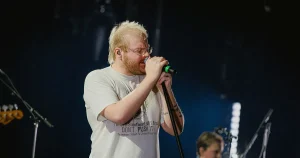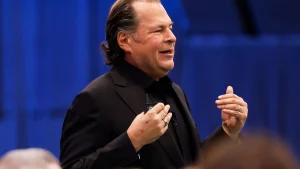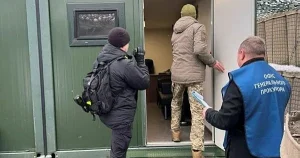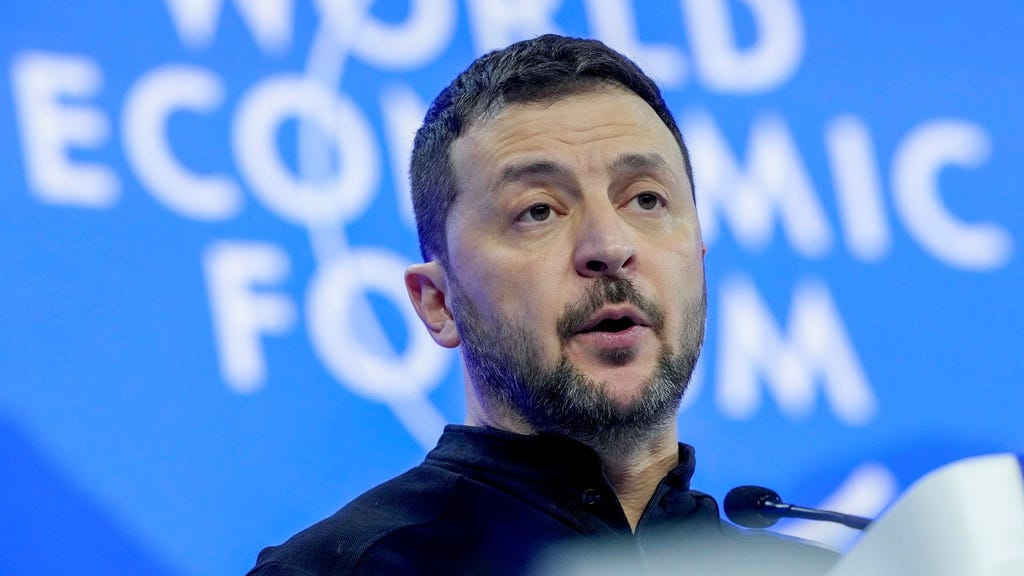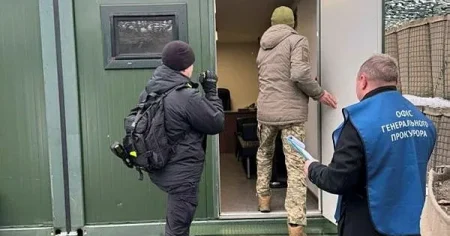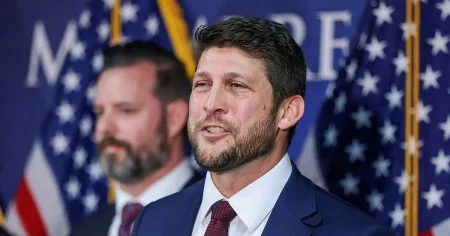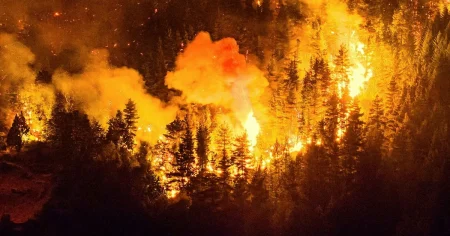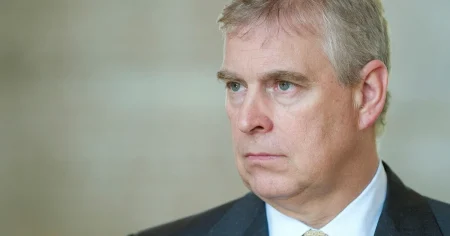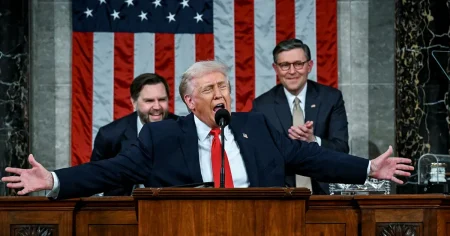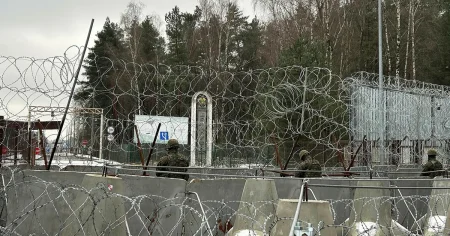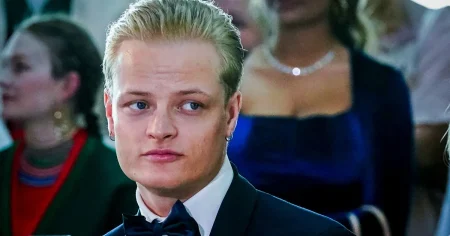The Uncertain Path to Peace: Ukraine’s Plea for Support Amidst Shifting Global Dynamics
The ongoing war in Ukraine, ignited by Russia’s annexation of Crimea in 2014 and escalated by the full-scale invasion in 2022, has spurred international discussions on achieving a lasting peace. While these discussions have existed for years, they have gained renewed urgency with the change in US administration and the new president’s claim of being able to negotiate peace swiftly. However, Ukrainian President Volodymyr Zelenskyy, in his address to the World Economic Forum in Davos, emphasized the need for substantial international support, particularly from Europe, to achieve a sustainable peace. He highlighted the necessity of matching Russian military capabilities, calling for a minimum of 200,000 peacekeeping troops, arguing that anything less would be insufficient to guarantee security and stability in the region.
Zelenskyy painted a grim picture of Russia, likening its increasing disregard for human life to that of North Korea. He expressed concern that without a robust response, Russia’s aggression could extend to other European nations, emphasizing the geographical proximity of the conflict to Europe. He pointedly noted the presence of North Korean soldiers fighting alongside Russian forces in Ukraine, a stark reminder that the war is not a distant conflict. The Ukrainian president also voiced uncertainty regarding the new US administration’s approach to the conflict, particularly its willingness to prioritize European interests in negotiations with Russia. He called for a meeting with the US president to clarify the new administration’s stance and stressed the importance of Europe assessing its dependence on the US and its potential role in shaping the future of the war.
Zelenskyy’s appeal for European support underscores the complex geopolitical landscape surrounding the conflict. His concerns about European representation in potential peace negotiations reflect the evolving global power dynamics, with the increasing influence of China on Russia adding another layer of complexity. The Ukrainian president’s request for a significant peacekeeping force highlights the scale of the challenge in ensuring long-term stability in the region, a challenge exacerbated by the potential for further Russian expansionism. The comparison of Russia to North Korea serves to emphasize the severity of the threat posed by Russia’s escalating disregard for international norms and human rights.
The Ukrainian president’s Davos address can be interpreted as a call to action for European nations to recognize the gravity of the situation and play a more active role in securing a sustainable peace. His request for a substantial peacekeeping force indicates the need for a robust international presence to deter further aggression and guarantee the safety and security of Ukraine. The uncertainty surrounding the new US administration’s approach to the conflict underscores the importance of European nations taking a proactive stance, rather than relying solely on US leadership. His call for a meeting with the US president underscores the urgency of clarifying the new administration’s position and ensuring that European interests are represented in any future negotiations.
The situation is further complicated by the new US administration’s temporary freeze on international aid. While Ukrainian officials have stated that this freeze will not affect military aid, the long-term implications remain unclear. The US has been the largest provider of military assistance to Ukraine, and the continuation of this support is crucial for Ukraine’s ability to defend itself. The temporary halt raises concerns about the future trajectory of US support and the potential impact on Ukraine’s defense capabilities. This uncertainty adds to the pressure on European nations to increase their own contributions to Ukraine’s defense and play a more active role in resolving the conflict.
In conclusion, the path to peace in Ukraine remains fraught with uncertainty. Zelenskyy’s appeal to the international community, particularly Europe, underscores the need for a concerted and robust effort to counter Russian aggression and secure a lasting peace. The evolving global power dynamics, the uncertain role of the new US administration, and the ongoing humanitarian crisis all contribute to the complexity of the situation. The Ukrainian president’s call for a substantial peacekeeping force and his concerns about European representation in future negotiations highlight the need for a proactive and unified international response to ensure a stable and secure future for Ukraine and the region.


